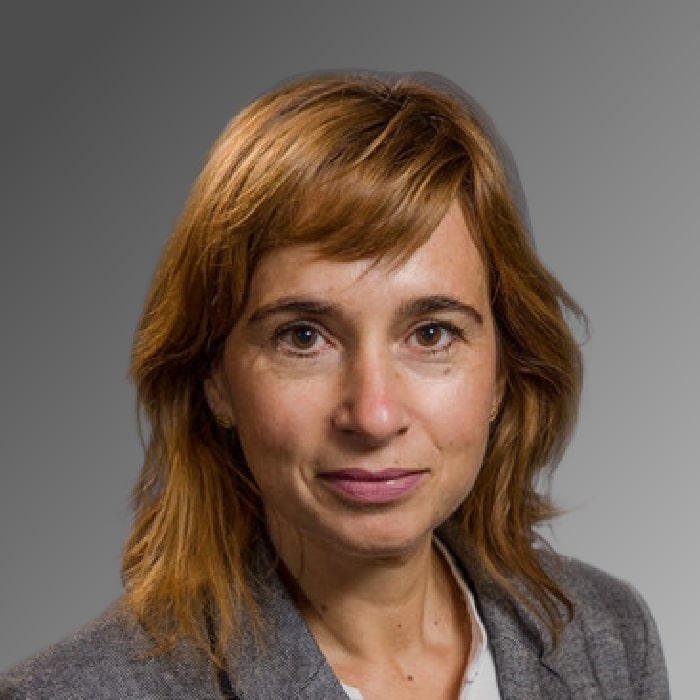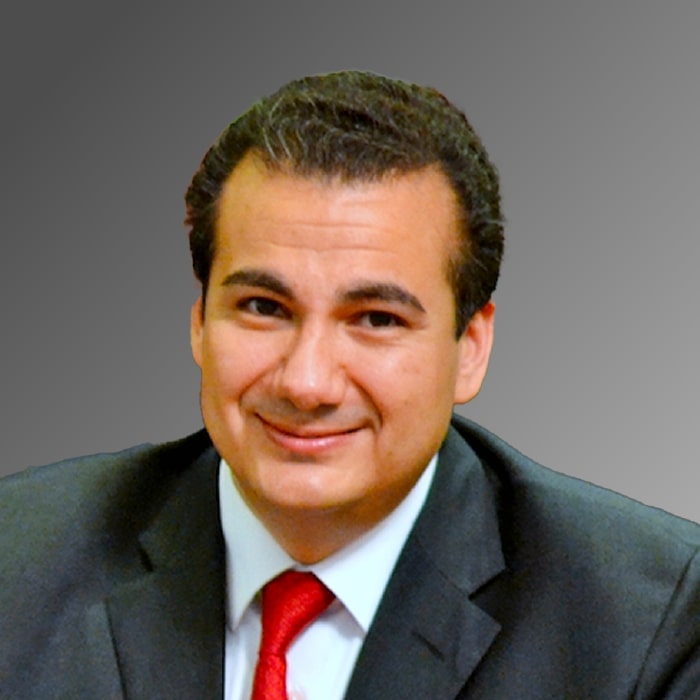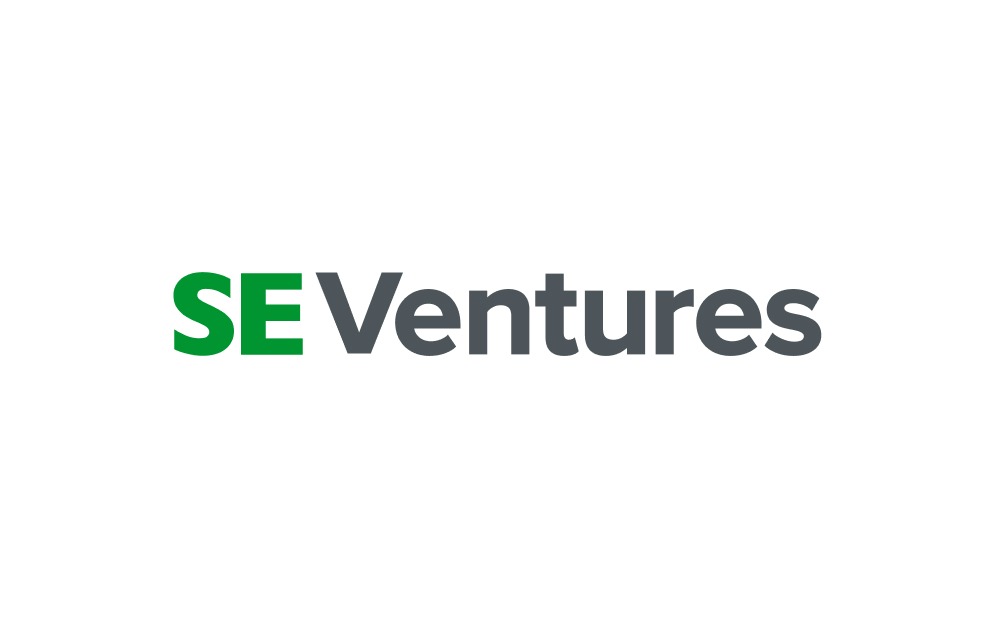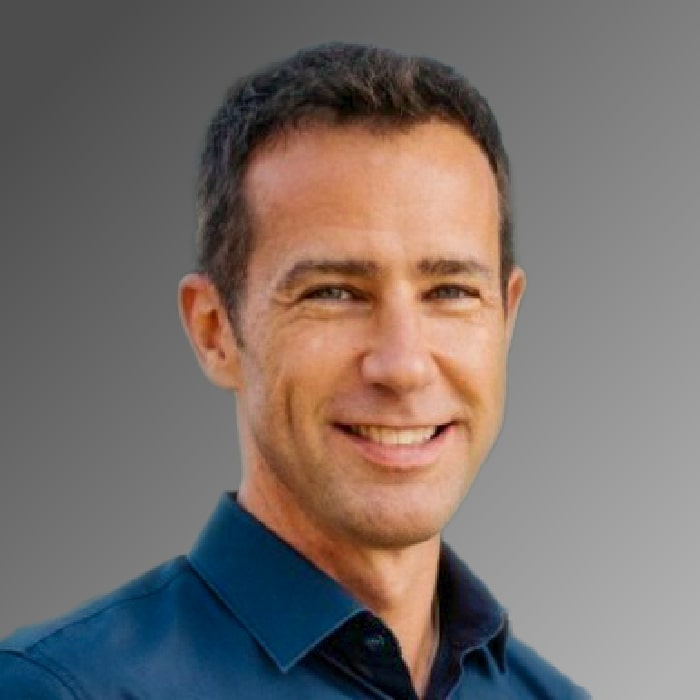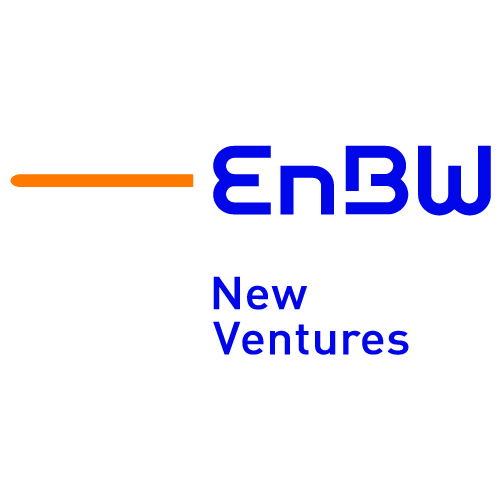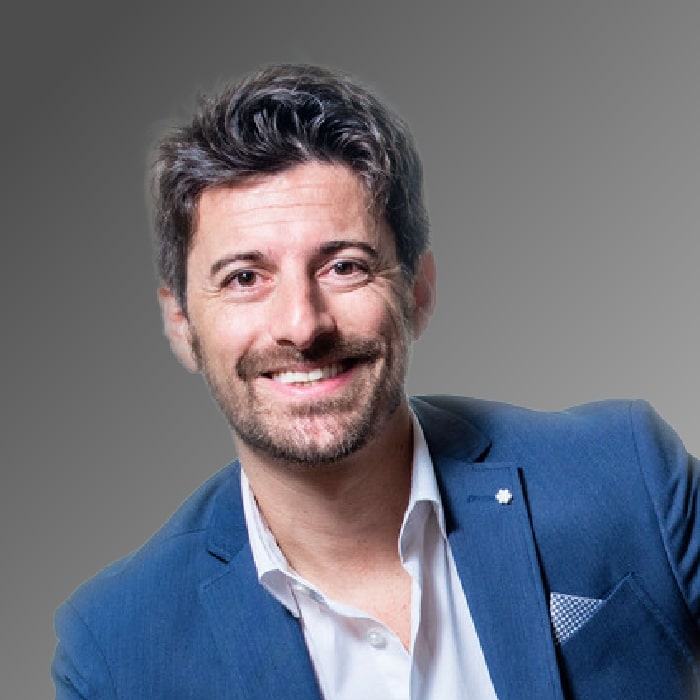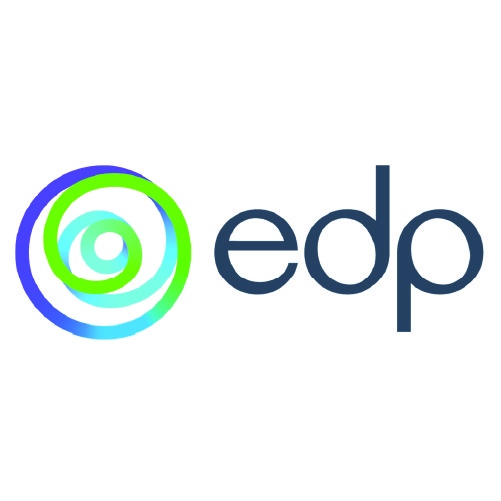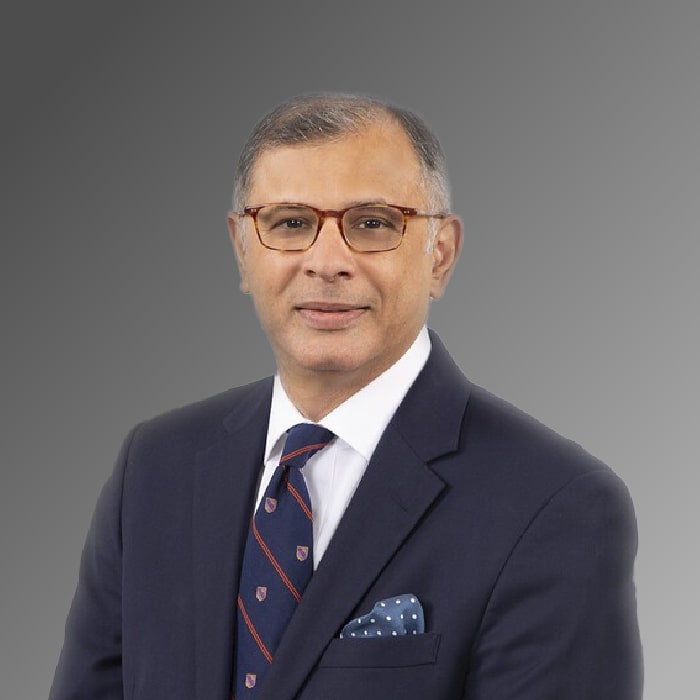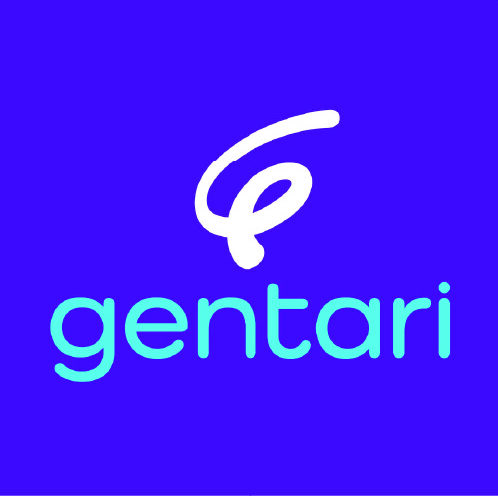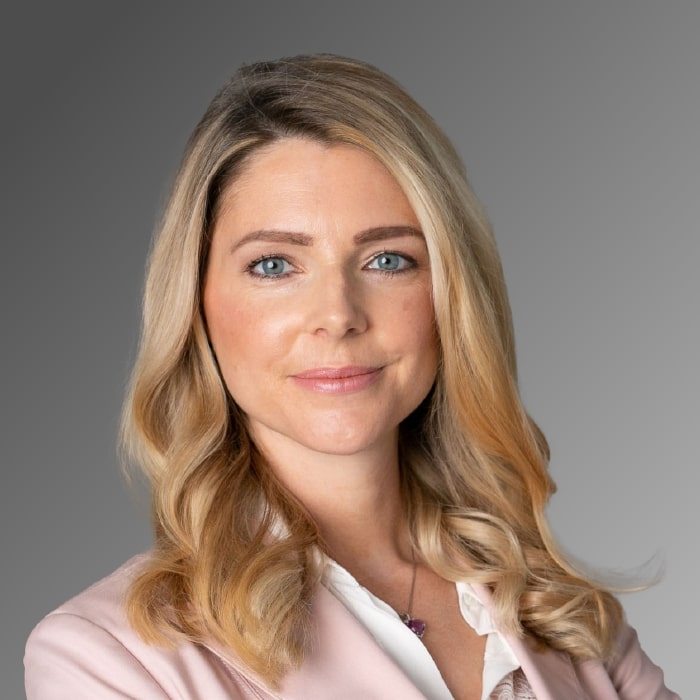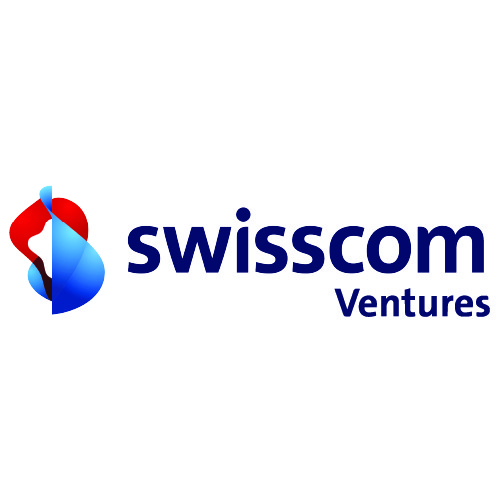Energizing Tomorrow: Talking with a CV Tsar
May 16, 2024
Interviewed by Nicolas Sauvage on January 4, 2024
Delek US Holdings’ Sarit Soccary serves as managing partner of the DK Innovation fund, Delek’s corporate venturing arm. She explained to Corporate Venturing Insider how in 2018, she joined Delek to aid in developing what she describes as a technology investment division. This was especially important to Delek because it does not have an R&D division. Instead, it must lean on external innovation for business development.
CVC’s commercially driven approach better aligns with Delek’s goals and its focus on innovations in the energy industry: reliability, Industry 4.0, automation, and new energy. Among the solutions it is exploring are carbon capture, utilization and storage, hydrogen, materials, lithium, and fusion.
The Evolution of a CVC Career
Before coming to DK Innovation, Sarit logged an eventful career that spanned nearly every aspect of corporate venturing. She graduated from Tel Aviv University in 1997 with bachelor’s and master’s degrees in economics. She started her professional career in management consulting, gaining valuable insights into business fundamentals. After two years, she transitioned to venture capital, becoming an investment manager for a small Israeli equity fund in Tel Aviv during the dot-com bubble. This proved a humbling experience, offering valuable lessons for Sarit and her firm in the subsequent crash.
In 2008, at the age of 35, Sarit found herself in her first CEO position at an Israeli technology healthcare and cleantech incubator during the Great Recession. Then, she jumped to another investment firm with a portfolio of 33 companies and 2 incubators in healthcare cleantech. Her early career in VC came at an especially auspicious time, leading her to become a savvy investor in durable investments.
While a principal early in her career at L Capital, one of the small Israeli investment groups. Sarit made an investment that would greatly influence her life. Marit Robotics was a small robotic medical device company, and as part of L Capital’s stake, Sarit joined the board in 2006. She remained on the board until 2021, when it was acquired for a nice sum.
Sarit recalls that the deal took the firm 16 years to pull off and describes how it required a great deal of patience. Under her watch, the company went through two management teams, two major stakeholder shifts, an IPO, and a reprivatization. In the end, Sarit was more than proficient at navigating company boards.
Born to CVC
Unlike many CVI guests who “stumble into” VC or CVC from an engineering or business side who are brought on because leaders think they have relevant insight into an investment focus or key activity, Sarit has been involved in the industry since her mid-20s. Her involvement in consulting VCs, incubators, business development, the C-suite, and the boardroom in her 21-year career before Delek contributed to her opportunity to start Delek’s CVC arm.
Her first take on Delek’s eschewing internal R&D was that “it is much more commercially driven and wasn’t very curious. But she quickly changed her mind.
“Curiosity is an important core value,” she said. “Without it, you are stuck doing the things that you used to do in the past, the best practices, without questioning.”
Sarit set out to advocate for curiosity and put it into practice as a core value of her organization. When hiring for her team, Sarit even gives candidates a case study to test their inquisitiveness. But reforming Delek was hard.
Working with the Delek Board
“(Delek) 80% of the time is influenced by what’s happening outside,” Sarit commented.
She said it is important to be guided by sensors so the company isn’t left behind or blindsided by industry changes. Her previous board experience, but every board is different, and she did not know what to expect when starting Delek’s CVC. She had to set expectations and explain her strategic thinking process to management.
Sarit describes Delek as a conservative organization. Finding champions was not simple because many were wary of change; only a few were excited by it. She needed to find people willing to ask questions, make mistakes, and take risks, people who were willing to bet on the deployment of new technologies. This requires a good map and understanding of the organization as a new person coming to develop a CVC. One needs to plan processes and establish a beachhead before starting a CVC. Otherwise, a number of difficulties will arise.
It is similar to Sarit’s approach to investing.
“Sometimes I would give up on companies because I didn’t have the right stakeholders to take it forward,” she said. “I don’t want to waste time when I don’t have the right ally.”
The right advisors to further investment are needed to mobilize the resources and expertise that are indispensable to a portfolio company’s success.
Delek’s Future
Delek is defining what its future looks like with the help of Sarit and DK Innovation.
“We are in a period of questioning everything,” she said. “You need old forms of energy. We will need them for many more years, but you also need to start asking the right questions.”
According to Sarit, yesterday's energy solutions are not tomorrow's energy solutions. Delek is turning its portfolio into a development strategy for its business.
One of Delek’s biggest bets is Aqualong Carbon Capture. Sarit believes it is the future of Delek. “We can both bring value to Delek by reducing our carbon footprint, but also help mature technologies and eventually support other members and maybe even have a business out of it.” Tapping this emerging market will be crucial for Delek’s future success. This marks a new era of solutions for Delek as they move away from the digitization trends of yesteryear brought about by COVID, and commit to the new energy transition.

 Internal collaboration between venture, product market opportunity, and business development teams thrives when there is a genuine company need to unite behind.
Internal collaboration between venture, product market opportunity, and business development teams thrives when there is a genuine company need to unite behind. 